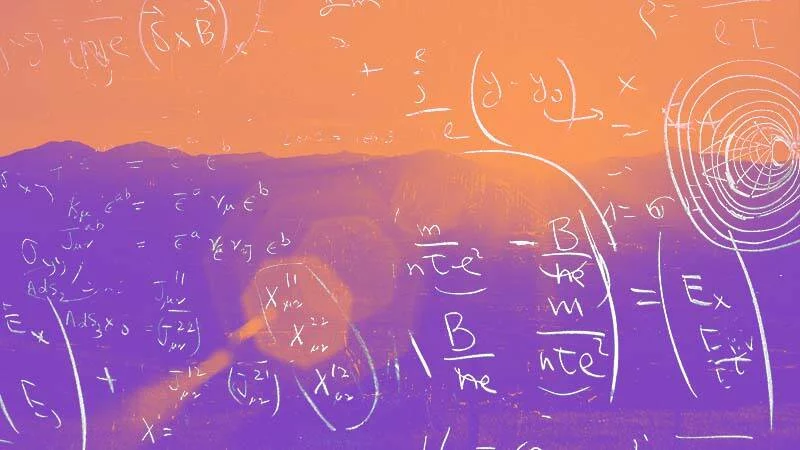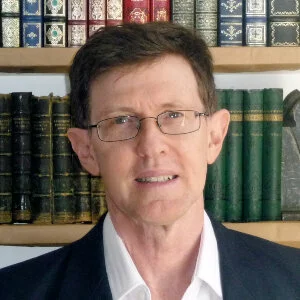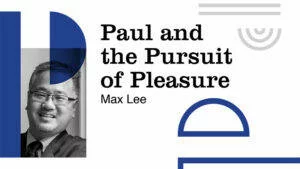“Complex question” is the label that logicians give to a particular kind of fallacy in which the answer to a question is already implicit in the way in which it is framed. The classic example is: “when did you stop beating your wife?” The issue that we are considering here is not quite a complex question, but it is similar in this respect—that the force of the question is dependent upon the terms in which it is expressed and how they are understood.
The acuteness of this question is thus dependent upon what we mean by “laws of nature,” “God’s acts,” and even “the world.” From a historical perspective—and that is primarily the approach being taken here—it is significant that the understandings of these key concepts have changed over time. So it is worth paying attention to changing meanings of the terms of the question, and the way in which they make the problem of divine action more or less acute.
Inventing Laws of Nature
While all cultures have an understanding of the regularities of nature, the formal idea of laws of nature was first mooted in the seventeenth century by René Descartes (1596–1650). Crucially, for the French philosopher, laws of nature were not intrinsic to matter, but were externally imposed on the natural world by God.Laws of nature, in other words, were understood in thoroughly theological terms. The content of laws of nature arose from the divine will alone, and they derived their immutability from the immutable nature of their divine source. Laws of nature, in other words, were understood in thoroughly theological terms.
This idea quickly caught on, with key figures in the scientific revolution—such as Robert Boyle and Isaac Newton—adopting it and setting out specific examples of such laws. The most famous of these are Newton’s laws of motion. The upshot of this view of the operations of nature was that God was directly responsible for all of the changes taking place in the world. What “nature” or “the world” amounts to, on this view, is really just the regular and ongoing actions of God. As one Newtonian philosopher expressed it, “the course of nature cannot possibly be anything else but the arbitrary will and pleasure of God exerting itself and acting on matter continually.”Samuel Clarke, “The Evidences of Natural and Revealed Religion,” in The Works of Samuel Clarke, D.D., 2 vols., (London, 1738), vol. 2, p. 698.
Clearly, if laws of nature are understood in this original sense, there is no question of God’s breaking the laws of nature when he acts in the world: on the contrary, the laws of nature are themselves instances of God’s direct action. The whole of nature, then, is one continual miracle. How, then, did divine action become a problem in relation to the laws of nature? To answer this question we need to consider understandings of nature both before and after the seventeenth-century emergence of the idea of divinely authored laws.
God and Causation in the Middle Ages
The Middle Ages had inherited Aristotle’s rather more rich and comprehensive understanding of causation. The specific details of Aristotle’s four-fold typology of causes need not detain us here. What is important to understand is that God’s causal activity in the world was understood firstly, in terms of his ongoing sustaining of things in existence. Without this conservation of natural things, nothing at all would exist, or continue to exist. In addition to this conservation of things, God’s activity in the world was also reflected in his concurrence with the operations of natural things. The idea here was that God had created things with their own inherent causal powers. But the exercise of these powers still required God’s causal concurrence on each occasion of their operation.
God could also operate completely independently of natural things, either bringing about natural effects directly, or by producing effects that transcended the natural powers of things. These latter instances were essentially God’s miraculous works. However, this did not give rise to an exclusive disjunction between natural and supernatural,To a degree, then, the distinction between the normal course of events and the miraculous lies in how the events in question are perceived. because God was understood to be active in every event. It is just the mode of his action that differs.
To a degree, then, the distinction between the normal course of events and the miraculous lies in how the events in question are perceived. Augustine (354–430) would say that miracles are not contrary to nature, but “contrary to our knowledge of nature.”Augustine, Reply to Faustus, 26.3; City of God, 21.8. Aquinas (1225–1274), who was operating with a more formal Aristotelian understanding of causation, still maintained that miracles are “works done by God outside the order usually observed in things.”Aquinas, Summa contra gentiles III, 101 (my emphasis).
Some aspects of these medieval understandings were carried over in the early modern period, in particular, Augustine’s view that everything that takes place in nature is in a sense miraculous. However, the idea of God’s concurrence with the operation of natural causes became difficult to sustain because seventeenth-century pioneers of the natural sciences had adopted a new, non-Aristotelian view of both matter and causation. In essence, their position was that nature consisted of inert microscopic particles of matter. Because these particles were inert—that is, lacking entirely in causal efficacy of their own—divine concurrence was not an option. Natural objects had no inherent causal powers for God to concur with. All of the causal work had to be performed directly by God.
What was fateful about the way in which key actors in the scientific revolution came to understand God’s causal agency was its reduction to a single plane. In effect, there was only genuine cause in nature, and that was God. But in restricting causality to just one channel of efficient causation, the godly scientists of the seventeenth century had created a hostage to fortune. The danger lay in the prospect of redescribing God’s laws as laws of nature, where “nature” (or “the world”) is now understood as an entity in its own right with certain brute features. That fateful step was taken in the nineteenth century.
Nineteenth-Century Naturalism
Some of Descartes’ contemporaries had been alert to the latent dangers of the new approach. Blaise Pascal complained that Descartes would have liked to do away with God altogether. Descartes’ view of things, on Pascal’s analysis, was a kind of “set and forget” model. It is probably fairer to say that because God was now the direct cause of everything, he was at the same time the explanation of nothing.If God is understood as the author of the laws of nature, this is a problem that need not arise. Once laws of nature were accepted as a features of the world, no further reference to God was necessary, at least for the practical purposes of the natural sciences. Over time, this led to a forgetfulness of the theological origins of the concept of laws of nature.
By the middle decades of the nineteenth century, it became possible to imagine the laws of nature as simple brute features of the world. The business of explanation could thus rest once reference had been made to laws, without a further inquiry into why there were laws at all. In a sense, this is a failure to pursue the investigation to the fullest extent possible. The British-Austrian philosopher Ludwig Wittgenstein expressed this rather nicely: “At the basis of the whole modern view of the world”, he observed, “lies the illusion that the so-called laws of nature are the explanations of natural phenomena. So people stop short at natural laws as at something unassailable, as did the ancients at God and Fate.”Ludwig Wittgenstein, Tractatus Logico-Philosophicus, 6.371–372.
Ultimately, then, the quandary of how God might operate in a world governed by laws of nature arises out of the same forgetfulness that characterizes the pervasive naturalism that has arisen since the nineteenth century. If God is understood as the author of the laws of nature, this is a problem that need not arise.







Comments
Be the first one to make a comment!